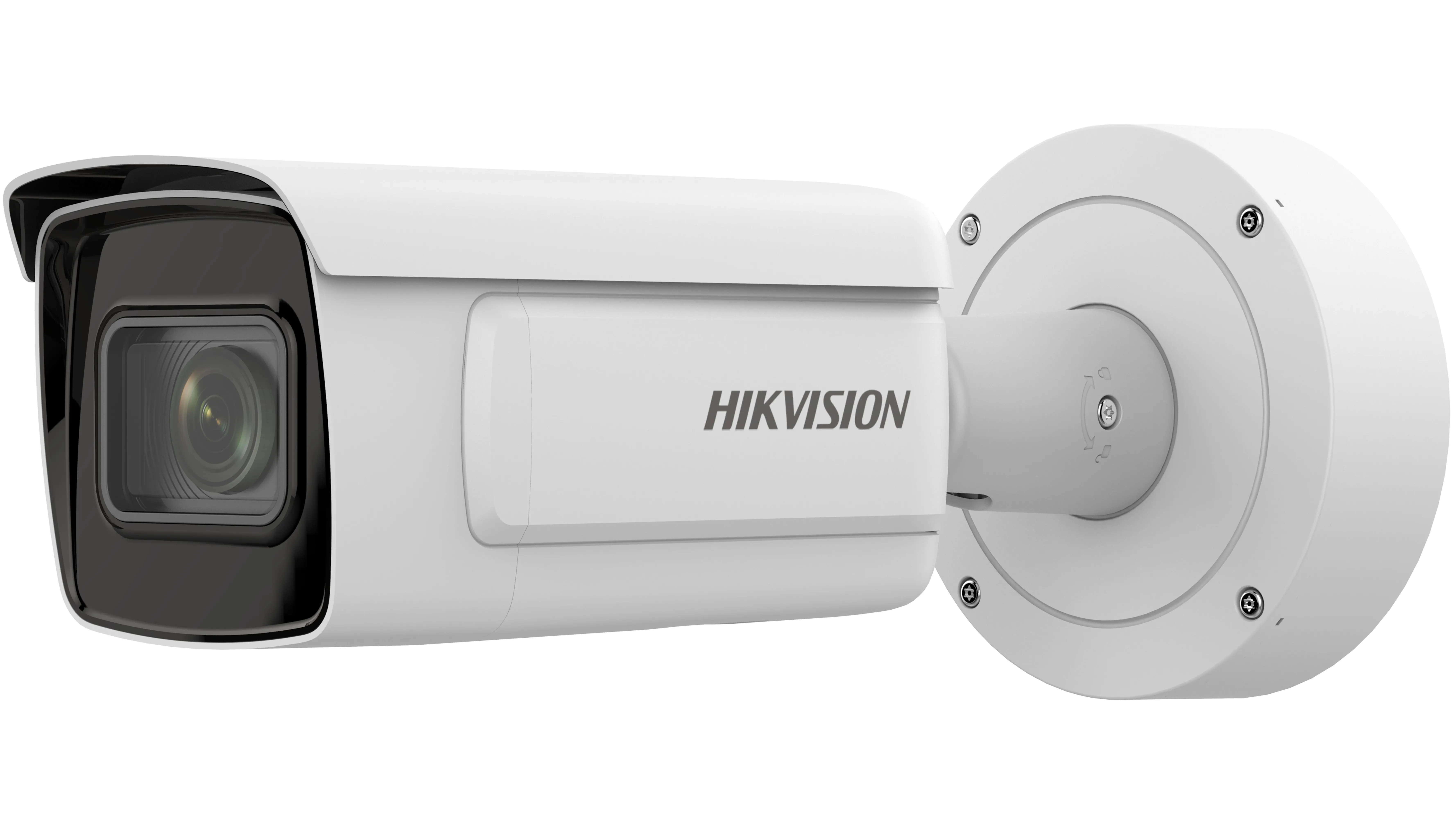
Direct from ITS World Congress 2019
Carrida Technologies, a specialist in automatic licence plate recognition (ALPR) cameras for traffic and parking applications, has announced plans to expand into other sectors.
The company manufactures Carrida Cam, which it believes is “probably the world’s smallest standalone ALPR system”.
With its newest product – yet to have a brand name – on show at ITS World Congress in Singapore, it is now looking at mobile applications such as drones, scooters and body cameras.
According to Endre Toth, Carrida’s director of business development, enforcement would be an obvious use case.
“It will be customer-driven completely,” he says. “Requests from customers for mobile applications for cars are relatively common. Currently we don’t have a deployment, but there are tests on drones.”
Carrida CTO Oliver Sidla agrees that mobile applications are currently in the spotlight.
“Mobile is going to happen; I’m looking into setting up a demonstration on cars. It would be a good way for us to go forward; we see the potential. And it would be easier for us to integrate than a body camera.”
He says that 50% of development effort goes into its algorithms and that edge devices give customers distinct advantages.
“When you run a server or the cloud you don’t have control – but you do with edge devices,” Sidla says.
“You can control the image quality on the fly, changing the illumination or taking sequences of images; with a server, you are presented typically with a single image.”










